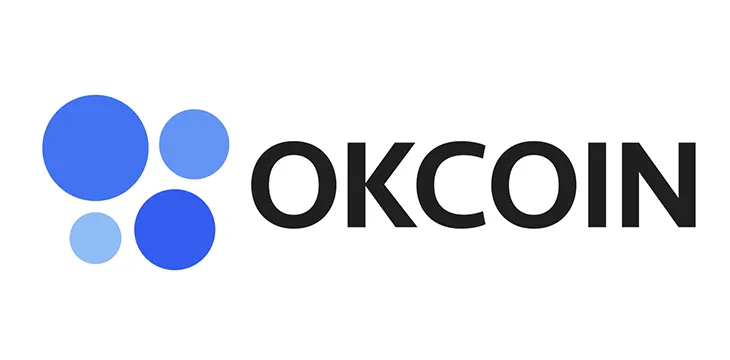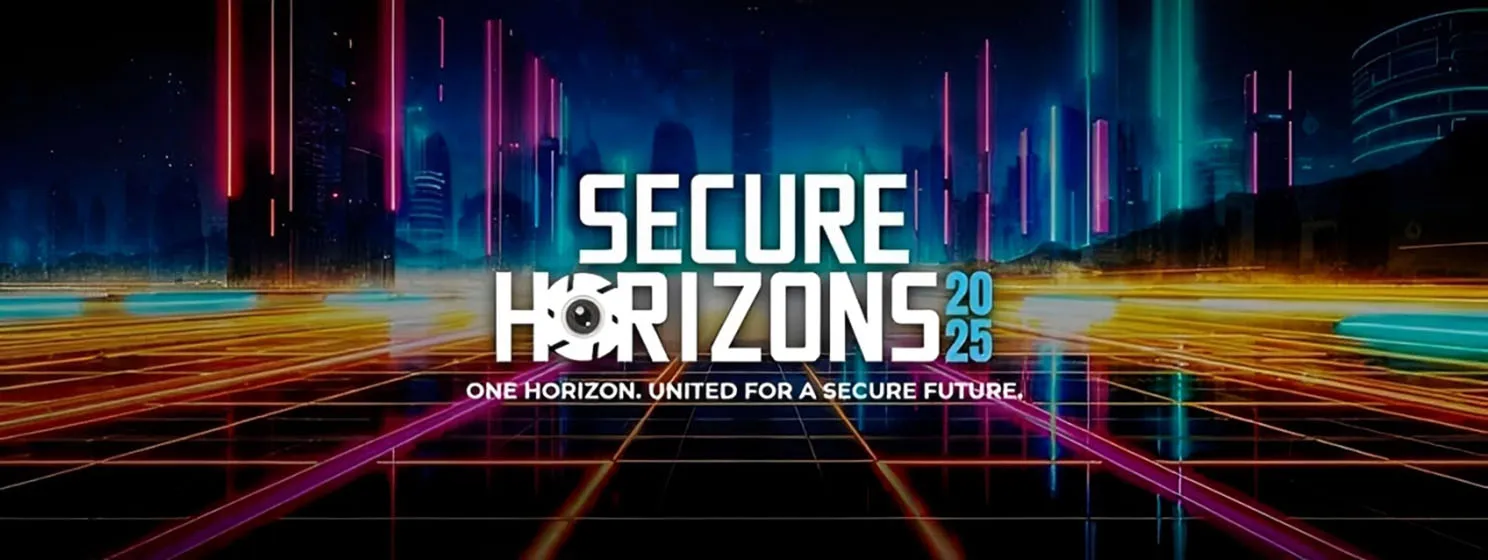|
Getting your Trinity Audio player ready...
|
Through a partnership with Unstoppable Domains, the digital currency exchange OKCoin now supports blockchain domain names. This means that OKCoin users can attach their digital currency wallets to their blockchain domain names to make it easier for them to deposit and withdraw digital currency.
How it works
A blockchain domain is
“A domain name that is issued by a smart contract on a blockchain. Each domain is an NFT. This is different from traditional DNS, where domains are stored on centralized servers run by ICANN. The blockchain becomes the database where domains are stored,” Unstoppable Domains co-founder Brad Kam told CoinGeek.
In essence, tying your digital currency wallet to a blockchain domain makes it much easier for individuals to interact with your digital currency wallet. Instead of using an alpha-numeric string that represents your wallet address, with a blockchain domain name, your wallet is represented by a word or combination of words–similar to an email address. This makes it much easier for individuals looking to send you digital currency to remember your wallet address off the top of their head and reduces the chance of human error occurring when they enter your wallet address. At the moment, Unstoppable Domain’s blockchain domain system supports over 100 digital currencies–including BSV.
“You control the domain name and store it in your wallet. Just like a regular domain, you can update it and add records. To update a record, you sign a message with the private key that controls the domain name and write information to the blockchain. Domains work for receiving crypto and for building decentralized websites,” said Kam.
The evolution of digital currency wallets
We are witnessing the evolution of the digital currency wallet space. From companies eliminating the need for users to store and protect their private keys–like HandCash has done–to companies working on blockchain domain solutions like Maxthon’s NBDomain and Unstoppable Domains, service providers are interested in making wallets easier to use and creating a user experience that feels familiar to the end-user.
“The goal is to make crypto simpler. Sending crypto is too complicated, and it can be especially intimidating to new users. With blockchain domains, we can use human-readable addresses to make it easier to send, receive, deposit, or withdraw crypto. Using crypto should be easier than moving traditional money around,” OKCoin CMO, Haider Rafique told CoinGeek.
For the blockchain and digital currency ecosystem to experience mass adoption, companies should be making the lives of consumers easier, and not require them to do esoteric record keeping and storage that they do not need to do in any other area of their life except when it comes to the private keys associated with their wallets.
“The traditional cryptographic wallet ID system is outdated, and lacks the seamless user experience needed to onboard new users from fiat to crypto,” said Rafique. “With the .crypto domain addresses, users can send and receive crypto with simple and memorable crypto addresses like john.crypto. Improving UX is the first step toward greater adoption.”
For the digital currency sector to grow, we need to see more companies following in the footsteps of HandCash, Maxthon, and Unstoppable Domains. Companies need to make the user experience easier for consumers by eliminating arduous processing and making the experience resemble processes that they are already familiar with.

 09-04-2025
09-04-2025 





